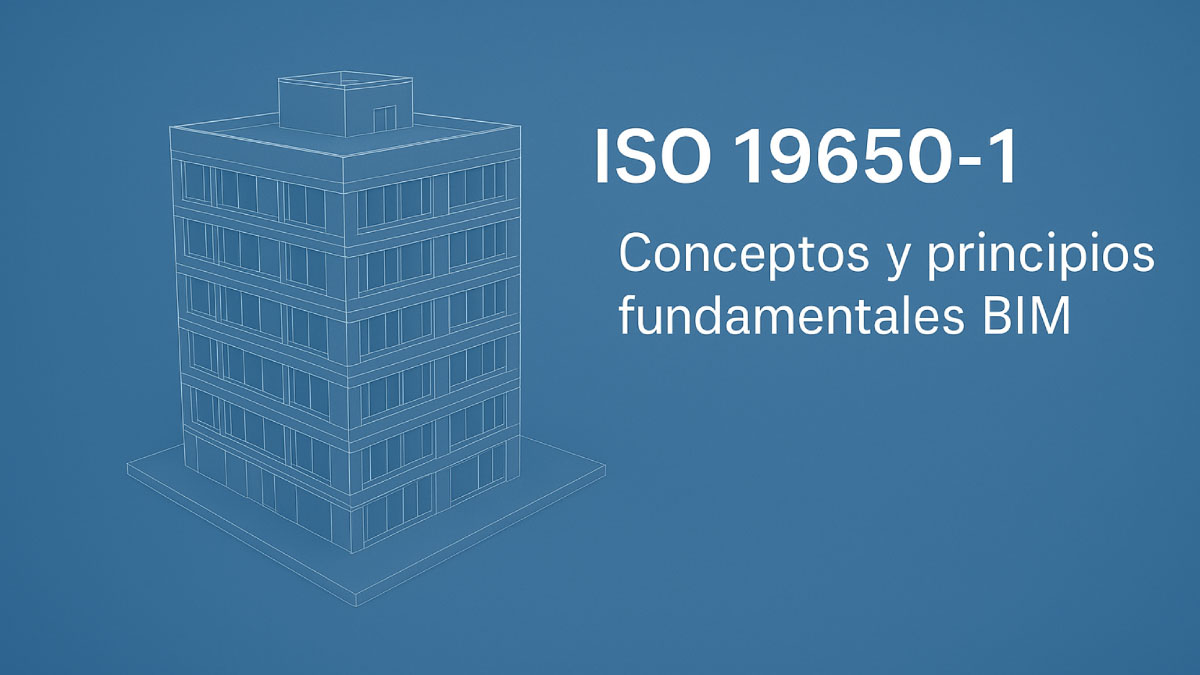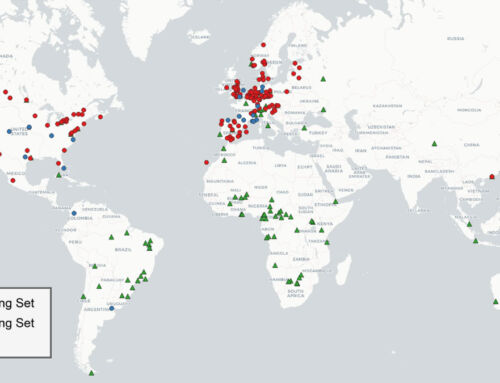The ISO 19650-1:2018 standard (adapted and agreed internationally from the British BS 1192 series) establishes the concepts, principles and general requirements for information management throughout the entire life cycle of a building—from design and construction to operation and maintenance—using BIM (Building Information Modelling) methodology.
The fundamental principles governing this standard are collaboration between all project stakeholders, standardisation of processes and formats, and traceability and version control of data. Added to these are interoperability between platforms and software programmes, and a commitment to transparency and reliability of shared information. Its fundamental objective is to promote structured and collaborative information management that is efficient and error-free.

To this end, ISO 19650-1 defines the main roles, such as the owner or client (the Appointing Party), responsible for defining information requirements; the contractor or delivery team (the Appointed Party), responsible for producing and delivering information in accordance with those requirements; and the information manager, who coordinates the creation, validation and delivery of data within the Common Data Environment (CDE).
In summary, ISO 19650-1:2018 does not prescribe specific tools, but rather establishes the conceptual and management framework necessary for organisations to adopt the BIM methodology in an orderly, collaborative and efficient manner. The application of this conceptual framework reduces time and costs and improves the quality of information and coordination between disciplines.
By Eduardo Hernández García, senior structural modeller in the Architecture Department at Amusement Logic.






